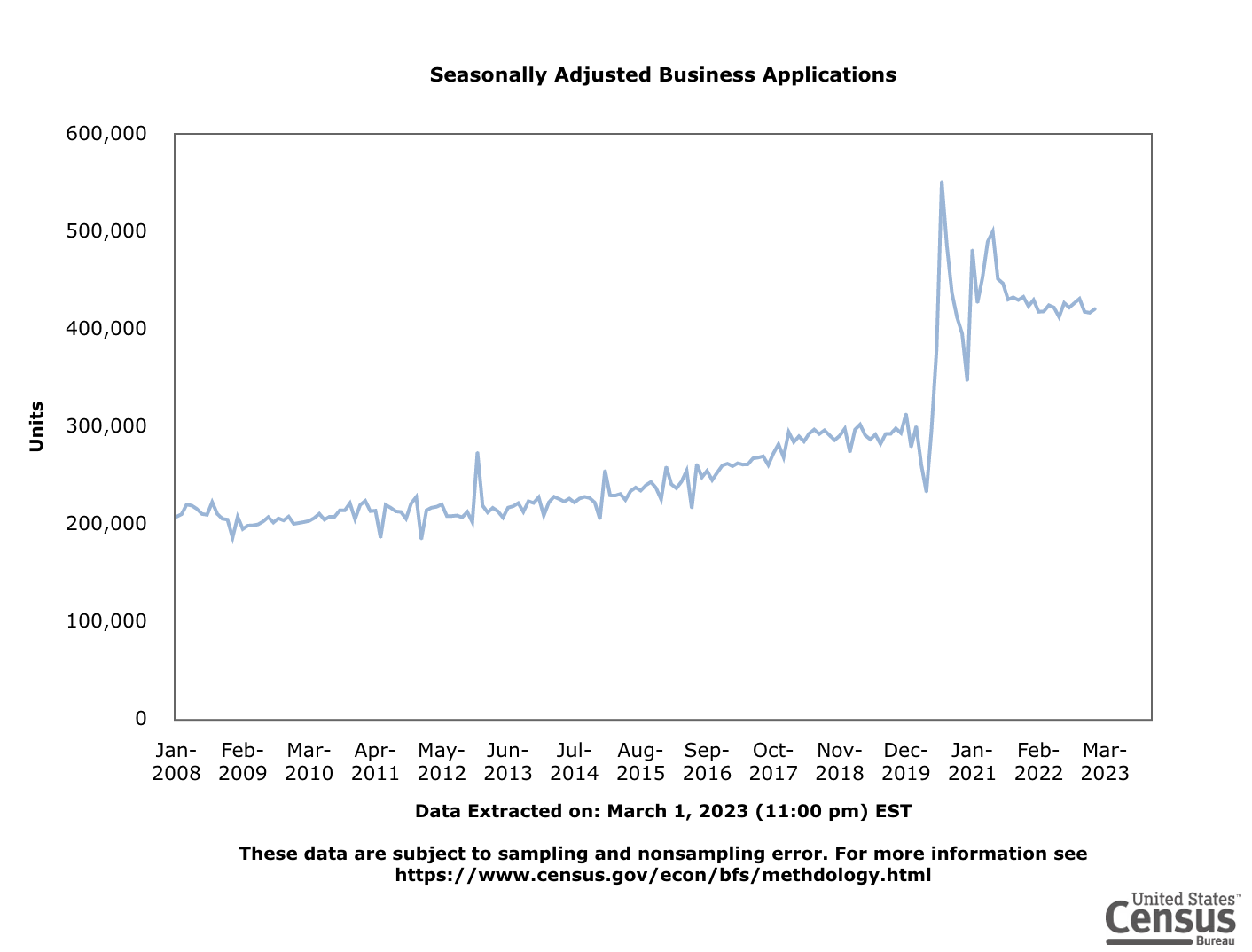Annual reports filed with the Secretary of State in New Mexico are official documents that provide a comprehensive overview of a business's financial performance, operations, and management throughout the previous year. These reports are required by law and serve as a way for businesses to communicate important information to stakeholders and the public.
There are 4 different ways to file an annual report in New Mexico depending on your legal entity type and tax classification. Follow the guide below to help you file your annual report with the Secretary of State in New Mexico or use Mosey to do it.
Use Mosey to automate annual reports in New Mexico.
Avoid the hassle of doing it yourself and use Mosey to automate foreign qualification, annual reports, and registered agent service.
New Mexico Annual Report for Corporation
You must file an Annual Report with the New Mexico Secretary of State every year to maintain good standing. The annual report is due by five months and 15 days after the organization's fiscal year-end.
File Your Annual Report Online
Log in to your New Mexico Secretary of State online account to file an Annual Report and pay the filing fees.
New Mexico Annual Report for LLP
As a Limited Liability Partnership, you must file an Annual Report to maintain an active status with the New Mexico Secretary of State. You must file the Annual Report between January 1 and April 1 of each year following the calendar year in which your partnership was registered.
Create Corporations and Business Services Account
Create an Corporations and Business Services account to maintain business filings online with the New Mexico Secretary of State.
File Annual Report
Log in to your Corporations and Business Services account to file the Annual Report and pay the filing fee with the Secretary of State.
New Mexico Biennial Report for Professional Corporation, Corporation
You are required to file Biennial Reports to maintain good standing with the Secretary of State.
File Your Biennial Report
Log in to your Secretary of State online account to file a Biennial Report.
New Mexico Franchise Tax for PLLC, Professional Corporation, LLC, Corporation
If you are registered with the New Mexico Secretary of State, you are subject to an annual Franchise Tax of $50. Franchise Tax and Corporate Income Tax are filed together on Corporate Income & Franchise Tax Return (Form CIT-1).
Report and Pay Franchise Tax Online
Log in to your Taxpayer Access Point (TAP) account to file form CIT-1, Corporate Income and Franchise Tax Return. The $50 annual Corporate Franchise Tax is due at the same time.
What else do I need to know?
There may be additional things you will need to do to maintain your "good standing" in the state including having a registered agent and other kinds of taxes.
Maintaining a Registered Agent
Most states require that you have a registered agent that can receive important mail from the Secretary of State should they need to contact you. There are many commercial options available or you can use Mosey to be your registered agent and keep your information private in New Mexico.
Other Taxes
In addition to maintaining a registered agent, maintaining your good standing can include additional taxes. This can include franchise tax, sales tax, or other state taxes. You can use Mosey to identify these additional requirements to maintain good standing in New Mexico.




